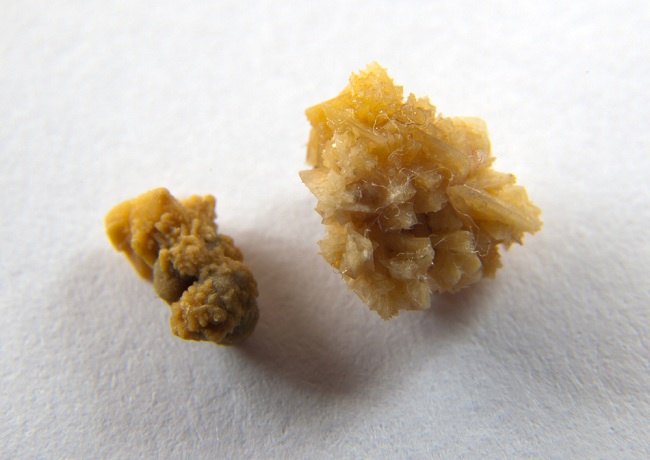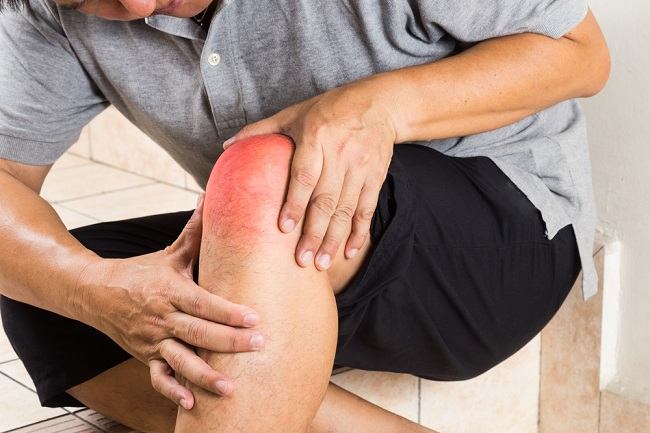Tooth extraction can indeed treat toothache. However, keep in mind that tooth extraction should not be done carelessly. This procedure is generally performed to treat severe dental problems or to remove teeth that are badly damaged and cannot be repaired.
Hygiene and dental and oral health that are not maintained can cause disease in the teeth and gums and tooth decay. If you have tooth decay, especially one that is severe and causes severe toothache, then tooth extraction may be the best solution.

Various Reasons To Have Tooth Extraction Needed
There are various reasons a person needs to undergo a tooth extraction procedure, both for medical and aesthetic reasons. Here are some conditions or diseases of the teeth and gums that often need to be treated with a tooth extraction procedure:
1. Infection tooth
Infections in the teeth usually cause a throbbing pain that feels very annoying. In addition, untreated infections of the teeth can also spread to the gums and cause tooth and gum abscesses.
In severe cases, tooth infection may need to be treated with tooth extraction, especially in tooth infections that cannot be treated with antibiotics or when root treatment has failed.
2. Teeth piled up
Anyone would want to have a neat arrangement of teeth. Unfortunately, there are many things that can make the arrangement of teeth untidy and piled up, ranging from heredity, the effects of using pacifiers until the age of 3 years, thumb sucking habits in childhood, to poor dental care.
If the accumulation of teeth is considered to be detrimental to your health or appearance, your doctor may recommend a tooth extraction to correct the messed up tooth arrangement. The use of braces may also be recommended to correct the position of the teeth.
3. Wisdom teeth
Wisdom teeth that grow abnormally are characterized by the position of the wisdom teeth tilted forward or back, the "sleeping" position to the side, or only half out or trapped in the jawbone.
This condition can sometimes cause discomfort and pain and swollen gums. If the wisdom tooth is problematic, the dentist will usually recommend extracting the tooth to improve the condition, as well as overcome the complaints of swollen gums and pain that arise.
4. P diseaseperiodontal
Periodontal disease or periodontitis is an infection of the gums and surrounding tissue. This disease can usually cause damage to the tissue around the teeth, so the teeth will become loose. When the tooth is loose, tooth extraction can be an option to overcome it.
In addition to the things above, tooth extraction may also be necessary in people who are at risk of developing dental infections due to side effects of chemotherapy treatment or in patients who are about to undergo organ transplant surgery.
y thingsWhat To Do After Tooth Extraction
The healing process after tooth extraction usually takes 1-2 days. To speed up the healing process and reduce the risk of infection after tooth extraction, there are several things that need to be considered, namely:
- Take a break from strenuous activity for 1-2 days to prevent bleeding
- Take painkillers prescribed by a doctor
- Change the gauze used to block bleeding after removal regularly
- Clean your teeth and tongue regularly by brushing them slowly and carefully
- Gargle with warm salt water after 24 hours of tooth extraction to prevent swelling
- Do not eat solid or hard food immediately after undergoing a tooth extraction procedure
- Prevent bleeding during sleep by wearing a slightly high pillow
- Do not smoke during the healing process
So that tooth extraction is not necessary, you need to be diligent in taking care of your dental and oral health.
If you experience severe bleeding or pain for more than 4 hours after the tooth extraction, fever, nausea, vomiting, swollen gums, or pus discharge at the site of the extracted tooth, you should immediately consult a dentist for treatment.









